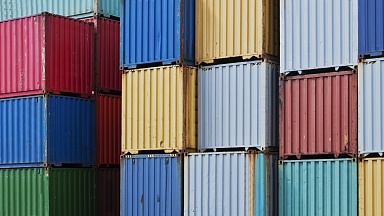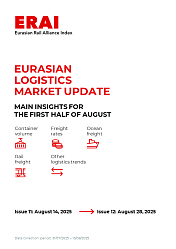The comments by the experts came after China and the European Union held the 9th High-Level Economic and Trade Dialogue on Tuesday to discuss topics such as the macro economy, industrial and supply chains, bilateral trade and investment, and financial cooperation.
The dialogue was held by video link. It was co-chaired by Vice-Premier Liu He and Valdis Dombrovskis, executive vice-president of the European Commission.
The two agreed on joint efforts to promote practical cooperation in the field of the economy and trade, and to jointly cope with the challenges facing the global economy, Xinhua News Agency reported.
The experts said the dialogue sent a positive signal of cooperation on issues including industrial and supply chains and financial services, while stable relations between the two will help promote steady growth for both, contribute to the stability of the international situation, and give a strong impetus to global economic recovery.
Ye Yindan, a researcher with the Bank of China Research Institute, said the economies of China and the EU are highly complementary and the two sides enjoy ample space and huge potential for economic and trade cooperation.
Ye added this is especially true in fields including energy security, green energy, the carbon market, green finance, climate change, trade on digital information and communication technology, trade in digital products and the digital service trade.
«Against the backdrop of soaring inflation and the increasing risk of economic recession around the globe, Europe needs to import Chinese goods to help ensure stability, and it also needs to strengthen trade and investment cooperation in fields such as industries and infrastructure to gather new growth momentum,» Ye said. «Meanwhile, Europe’s advanced technologies, talents and management experience will help China promote industrial upgrading and green transformation of the economy.»
As stagflation pressures and debt risks cloud growth prospects, the attractiveness of the eurozone to global investors has dimmed, with the euro sinking below parity against the US dollar for the first time in 20 years, roiling financial markets last week as a result.
Citing risks faced by the EU from high inflation and economic recession, Ye said China-EU cooperation will boost European market confidence and improve market expectations for future recovery in the region, which will help stabilize the economy and financial markets in Europe.
It will also help China stabilize its external market and prevent a rapid decline in exports, thus helping support China’s economic recovery in the second half of the year.
The EU has become China’s second-largest trading partner, with 2.71 trillion yuan ($401 billion) in bilateral trade during the first six months of this year, said the General Administration of Customs.
Chen Jia, a researcher at the International Monetary Institute of the Renmin University of China, said the growth in China-EU trade has laid a solid foundation for the two sides to further deepen bilateral cooperation.
Citing China’s positive growth in the first half of 2022 despite pressures and challenges both at home and abroad, Chen said the nation’s economy enjoys strong resilience and vitality, serving as a stabilizer for both sides to deepen cooperation in trade and investment.
Liang Haiming, dean of the Hainan University Belt and Road Research Institute, said China and Europe should strengthen their cooperation in the financial sector, and it is advisable for the two sides to expand the scale of bilateral currency swaps and settlement, which will help prevent risks and boost bilateral trade.
In April, President Xi Jinping said during a meeting via video link that China will stay committed to deepening reform and further opening up, and it welcomes European business investment and expects the EU to provide a fair, transparent and nondiscriminatory environment for Chinese business investment and development in Europe.
Xiao Song, global executive vice-president of Germany’s Siemens Group and chairman, president and CEO of Siemens China, said that despite the challenges posed by COVID-19, China is capable of maintaining high-quality growth, given its complete industrial chain system.
«Amid all of the changes and uncertainties in global markets, China’s determination to continuously open up has remained unchanged over the past few years,» he said, adding that greater market openness benefits sustainable socioeconomic development in China, and also helps revitalize the global economy.





